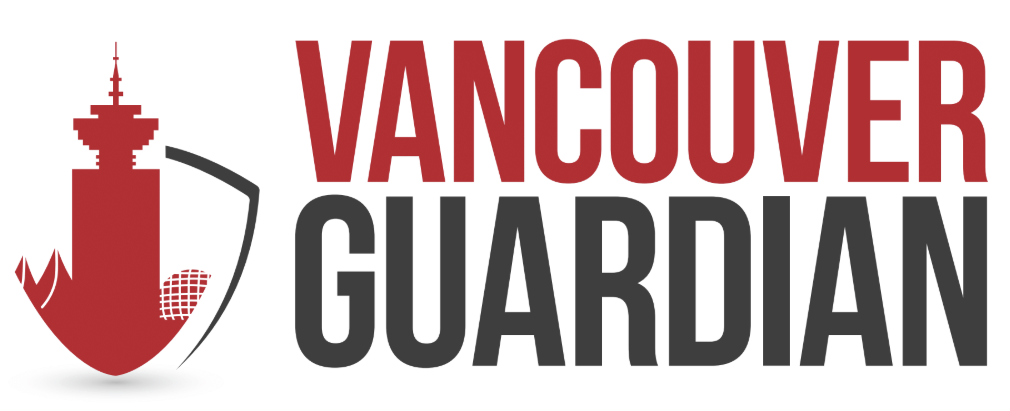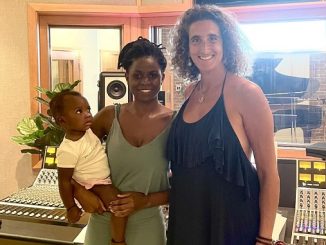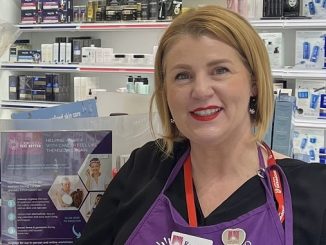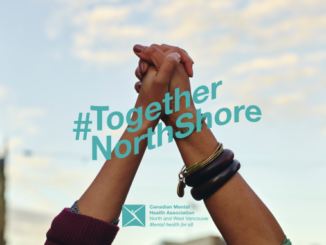Meet Rémi Castonguay, the Information Resources Manager at ACT—Autism Community Training. Since April 2023, Rémi has been at the forefront of efforts to empower autistic individuals, driven by both personal and professional motivations. As a parent to an autistic daughter with significant support needs and a seasoned librarian from esteemed institutions like Columbia, Yale, and UBC, Rémi brings a profound connection and expertise to the role.
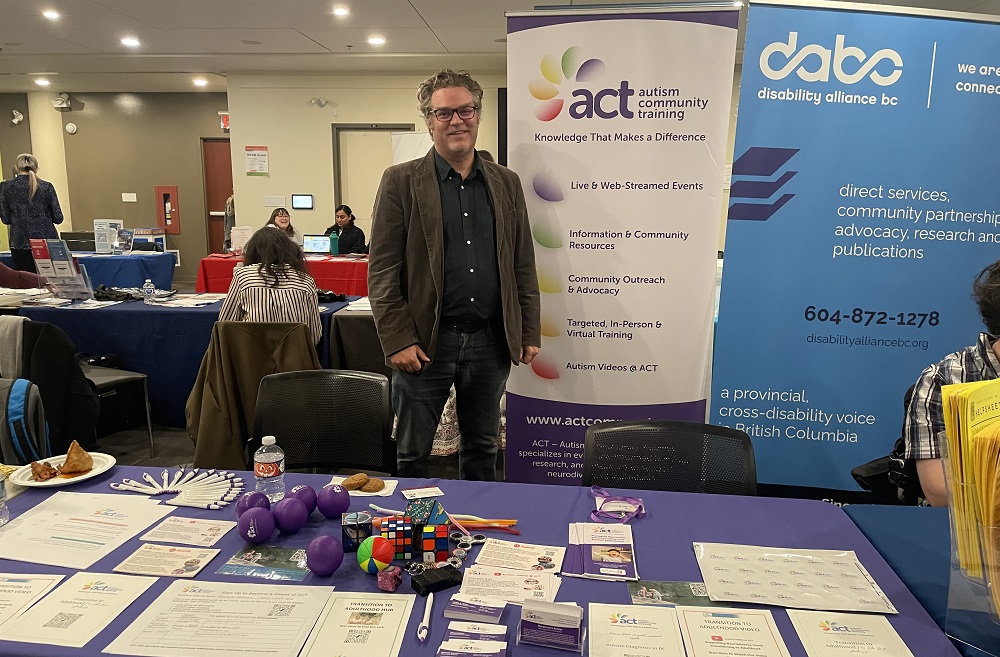
Describe your charity/non-profit/volunteer work in a few sentences.
ACT—Autism Community Training is committed to empowering autistic people to live their fullest life. Guided by insights from the Autistic community, we provide tailored services, education, and advocacy initiatives to promote true equity and understanding. Our measurable efforts ensure continuous engagement and progress toward a more inclusive and supportive society.
What problem does it aim to solve?
The organization addresses the critical need for accessible, comprehensive information on autism and intellectual disabilities. Many autistic individuals, their family members, caregivers, and professionals struggle to find reliable resources that offer practical guidance, support, and current research. By curating a centralized, user-friendly database, developing educational materials, and providing community-focused programs, the organization aims to bridge information gaps, reduce isolation, and empower individuals to make informed decisions about care and support for autistic and neurodivergent individuals.
When did you start/join it?
I began in April 2023.
What made you want to get involved?
First and foremost, I have an autistic daughter with significant support needs. This position combines an important aspect of my daily life—my daughter’s autism—with my profession, librarianship. A second component revolved around my past experiences. I came from the academic sector, having worked at several universities (Columbia, Yale, CUNY, SFU, UBC) as a librarian and information professional. I found that academia often lacks a connection with the lives of real people. In the university setting, in recent years, we have heard a lot about diversity, equity and inclusion but those slogans often take the shape of words, not actions.
In a small and nimble nonprofit with an important cause, we can feel how our work makes a difference on a daily basis and fosters true inclusivity for neurodivergent people.
What was the situation like when you started?
At the start of my tenure, our situation appeared generally optimistic and forward-looking. Our events were successful and well-attended, and our finances were in the green due to a substantial grant we had received for a project. When the project concluded, our donor allowed us to retain the remaining funding. This provided us with the opportunity to clarify our organizational structure, define each employee’s role, and establish a clear strategic direction for the organization. We were hopeful about the future, aware of some challenges but optimistic nonetheless.
How has it changed since?
Clouds began to gather slowly, and the financial aftereffects of the pandemic started to take a toll over the past 6-8 months. Our organization is in urgent need of revenue. We operate without direct government funding, despite providing essential services to both the autism community and professionals in the field.
Our outlook is uncertain, but our staff is working tirelessly to secure the future of our programs and services.
What more needs to be done?
Our work will never be done until neurodivergence is universally accepted by the general population. The kneejerk reaction to difference is often to look the other way or feel fear. How can we change this so people become curious, interested, and accepting? Our work also won’t be complete until our governments take the support needs of autistic people seriously. In BC, 1 in 30 children aged 0 to 18 years receive autism services. While these children receive funding for therapy and various supports, they often encounter barriers to inclusion in the school setting. Many children with behaviours that challenge are sent home daily due to a lack of appropriate support in schools. Even more, children fly under the radar because of the cost and lengthy wait times to obtain a diagnosis. The public option for diagnosis in BC has an 80+ week wait time, and a family seeking a private diagnosis can expect to pay $4,000-$5,000 with a wait of 1 year or more.
Finally, these children grow up. After turning 19, government support in BC virtually disappears, and many autistic adults with higher support needs will spend their lives living with their parents, often isolated, watching iPads for hours on end.
How can our readers help?
As mentioned earlier, our work will take decades to complete, yet our funding is dwindling, and our organization is, quite frankly, at risk of disappearing within the next few months. You can help by contributing to our “SAVE ACT SERVICES” Fundraising Campaign.
Do you have any events coming up?
Yes! Our next event is FREE! The event is titled “Language Matters: Transforming Healthcare for Neurodivergent People“. This workshop examines the impact of language in healthcare settings, focusing on neurodivergence, neurodiversity, and disability. After a brief lecture, participants will apply their new learning through reflections on lived experiences shared by neurodivergent individuals and their families, as well as interactive activities. Participants will gain practical tools to create a more inclusive environment for their teams, clients, and the families they serve.
Where can we follow you?
Website | Facebook | YouTube | LinkedIn | Instagram
PAY IT FORWARD: What is an awesome local charity that you love?
Southlands Therapeutic Riding Society
